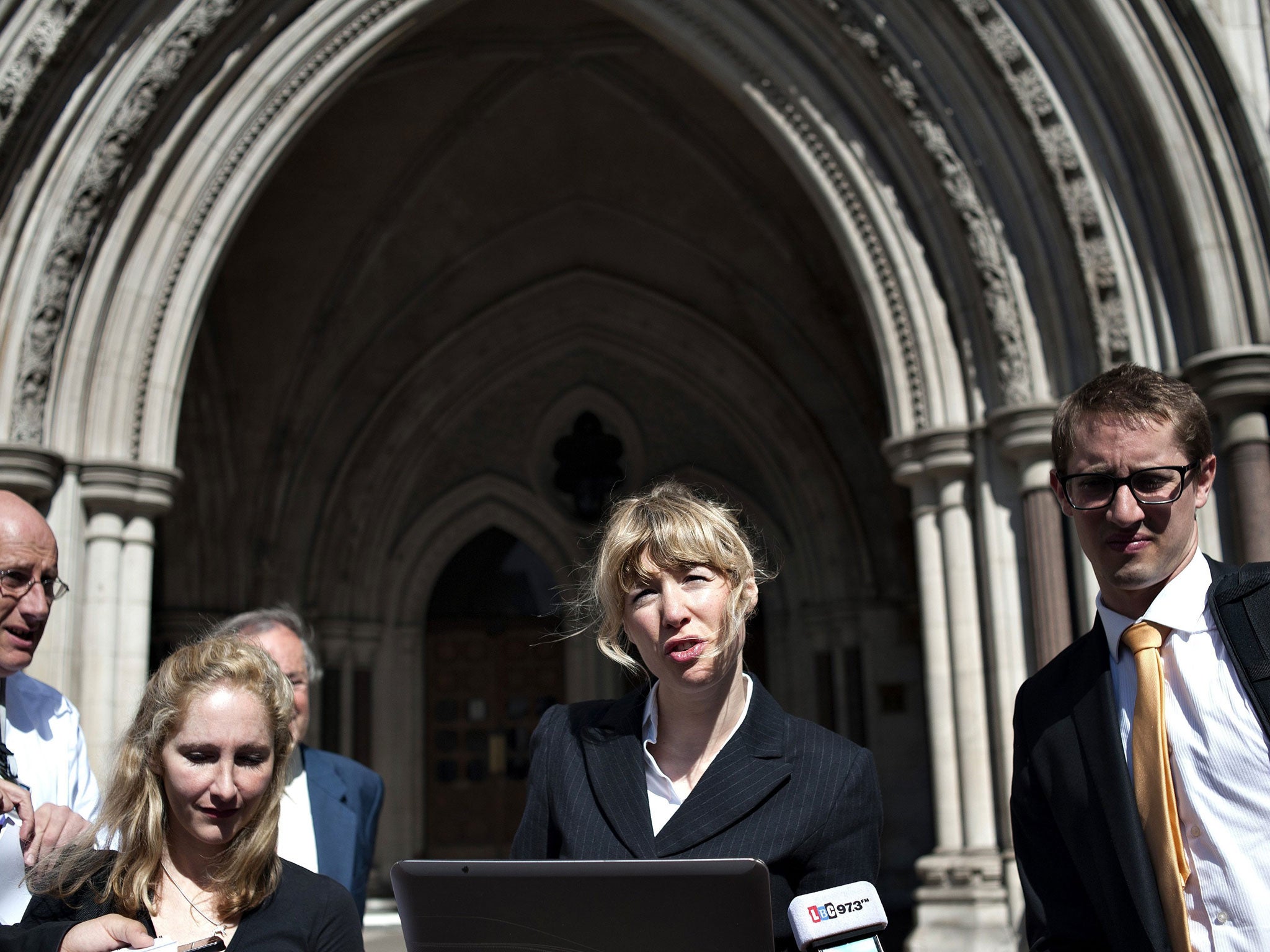NSA leaked documents row: Glenn Greenwald's partner David Miranda held notes on how to crack computers when detained at Heathrow
Detained partner of Guardian journalist was ‘human carrier pigeon’, High Court is told

A man controversially detained at Heathrow Airport with thousands of pages of top-secret British documents was carrying written instructions on how to crack encrypted computer files, the High Court has been told.
The disclosure of the files carried by David Miranda, partner of Guardian journalist Glenn Greenwald, could ultimately risk the lives of agents and damage national security, the court was told in a statement from a top Government intelligence adviser.
Mr Miranda, 28, was acting as a human carrier pigeon when he was arrested at Heathrow under anti-terror laws on 18 August. At the time he was shuttling secret documents between Brazil-based Mr Greenwald and a colleague, the documentary maker Laura Poitras, who was in Berlin. Mr Greenwald has recently revealed the existence of a secret spying network based on documents given to him by former CIA employee Edward Snowden.
Oliver Robbins, a senior adviser for intelligence security and resilience in the Cabinet Office, said that while the memory sticks Mr Miranda had were encrypted, the Government had been able to view 58,000 pages of highly classified documents on one of them because Mr Miranda had passwords and basic instructions written on paper he was carrying. They could represent the entirety of British intelligence held on one network at the US National Security Agency, Mr Robbins added. The couriering of insecure information, along with memory sticks, displayed “very poor” judgement and Mr Robbins claimed there was a real possibility that “non-state” actors could view or seize the material.
He said he could not go into detail about the “real and serious” damage already caused by the disclosures and said that officials were still attempting to view other encrypted files. “I can say with confidence in this statement that the material seized is highly likely to describe techniques which have been crucial in life-saving counter-terrorist operations and other activities vital to UK national security,” wrote Mr Robbins. “The compromise of these methods would do serious damage to UK national security and ultimately risk lives. Anything that reveals or indicates the identities of members of UK security and intelligence agencies would be of value to elements hostile to the national interest of the United Kingdom, including foreign intelligence agencies and terrorists.”
Mr Miranda’s solicitor and the newspaper criticised the Government’s statement, saying that it was making sweeping and unfounded accusations to justify the use of terrorism legislation to stop Mr Miranda, who was questioned for nine hours at Heathrow Airport on 18 August.
Mr Miranda was travelling from Berlin, transiting through Heathrow, when he was stopped. He has launched legal action, claiming that his detention was a misuse of terrorism powers and breached his human rights. His case is due to be heard in October.
Join our commenting forum
Join thought-provoking conversations, follow other Independent readers and see their replies
0Comments